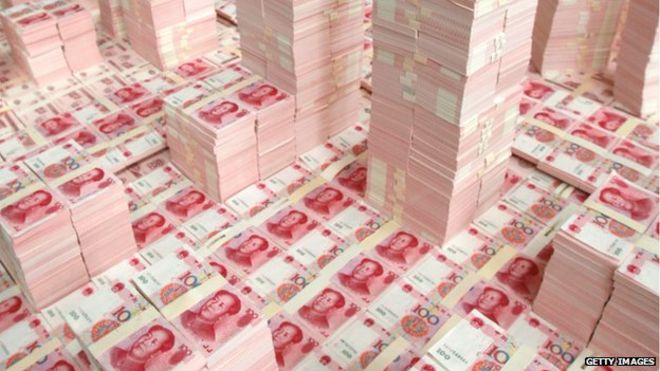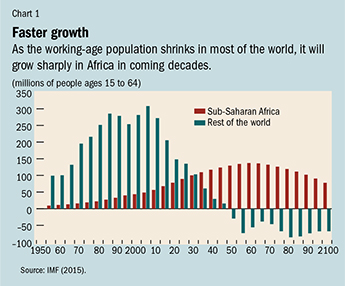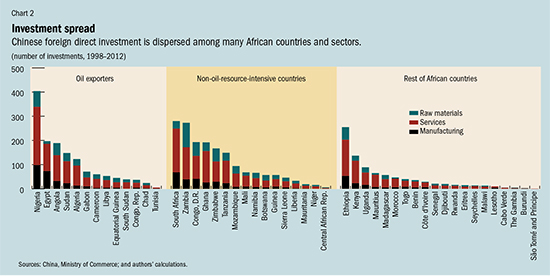.
(AFP) - Chinese Internet tycoon Jack Ma's mooted buyout of Hong Kong's struggling South China Morning Post could see the paper prosper from his Midas touch, analysts say, but also further erode its independence and with it the city's press freedoms.
The once globally renowned paper was founded in 1903 and has long given international readers an insider's perspective on Hong Kong and the mainland, providing a window on events from the Mao era to China's 1980s economic awakening and the 1997 handover.
But profits and sales have evaporated, hit by an industry-wide plunge in advertising revenue and unable to deal with the transition to the digital age.
Readers' trust has also dipped as a more pro-Beijing editorial policy has not gone unnoticed in a city that saw tens of thousands take to the streets last year to protest against mainland interference.
Ma, the founder of Chinese e-commerce behemoth Alibaba, is in talks to buy a stake in the paper's publisher, a source familiar with the potential deal told AFP, with discussions reported to be at an advanced stage.
"I think it's a smart move for Jack Ma," said financial analyst Jackson Wong.
Jack Ma, the founder of Alibaba, is in talks to buy a stake in the South China Morning Post's pu …
"He has tons of cash and he knows how to run a business in China very well."
Links with Alibaba would also give the paper a necessary boost in terms of its online platform, added Wong, associate director for Simsen Financial Group.
Ma founded Alibaba in 1999 and under his stewardship it has become China's biggest e-commerce company, operating consumer-to-consumer platform Taobao, which is estimated to hold more than 90 percent of the mainland market.
It has also branched out, buying ChinaVision Media in 2014 and renaming it Alibaba Pictures, today China's biggest film company, which produced this year's blockbuster "Mission: Impossible -- Rogue Nation".
And it is developing a video and TV streaming service similar to Netflix.
Readers' trust in Hong Kong's South China Morning Post has dipped as a more pro-Beijing edit …
Ma is now looking to move into traditional news, joining the likes of fellow Internet tycoon and Amazon founder Jeff Bezos who bought the Washington Post in 2013.
But there are concerns that under Ma's ownership, the paper's editorial independence will continue to be stripped away -- a process that observers say begun under current owner Malaysian billionaire Robert Kuok.
"For all readers of the South China Morning Post the paper has become progressively pro-Beijing, I think this trend will continue," said Willy Lam of the Chinese University of Hong Kong's Centre for China Studies, a former China editor at the paper.
"Ma has very close ties with the government so I'm sure he doesn't want any so-called embarrassing or offensive articles to appear in the Morning Post after he has taken over," Lam said.
"He... has been a major beneficiary of the Chinese system, so it is logical to expect... that he would not want any criticism of the system."
Tens of thousands took to the streets of Hong Kong last year to protest against mainland interferenc …
- A 'loss' for Hong Kong -
The paper's stance had become increasingly pro-Beijing since Kuok, who is heavily invested in China, bought it from media tycoon Rupert Murdoch in 1993.
"I was kicked out because Robert Kuok was very unhappy with what he considered to be (my) excessively critical view on Chinese politics," said Lam, who edited the paper's China section from 1989 until he was dismissed in 2000.
According to Lam, many major Hong Kong-based media companies are increasingly influenced by Chinese shareholders as Beijing seeks to push its authority in the semi-autonomous city.
"For the past several years, they have gradually but relentlessly boosted control over Hong Kong media," he said.
The paper's outgoing editor-in-chief Wang Xiangwei was also accused of muzzling the newspaper to appease Beijing, amid increasing fears Hong Kong is losing its cherished freedoms.
But, as Lam warns, the paper's value remains routed in its journalism, which will be lost if its editorial independence is diminished.
"(Ma) has to walk a fine line, if either the Post or any other major media becomes a propaganda sheet then its value is lost."
Media analyst To Yiu-ming described the Post's pro-Beijing slide and now the potential sale of the paper to Ma as a loss for Hong Kong.
"I think it's lost a channel for expression of liberal news. We've lost a platform for professional journalists to honour their duties," said To, an assistant professor at Hong Kong Baptist University's journalism school.
"It's also a loss for (the) Hong Kong people."



